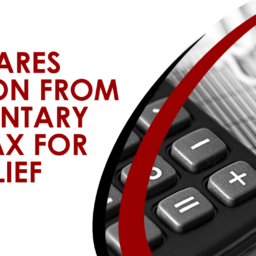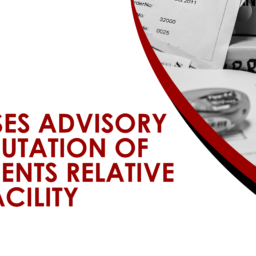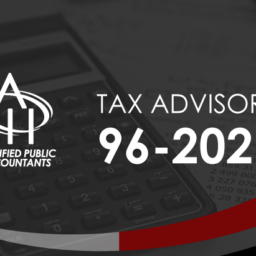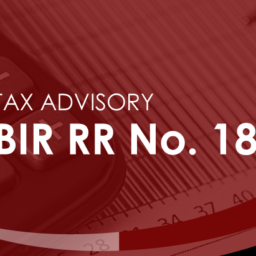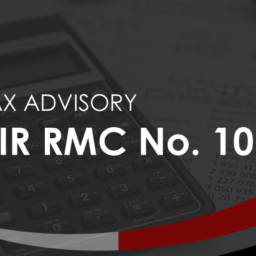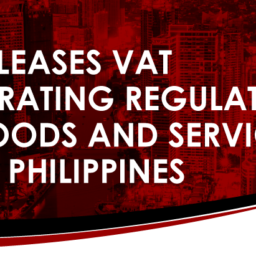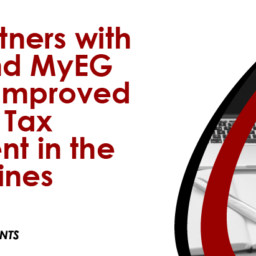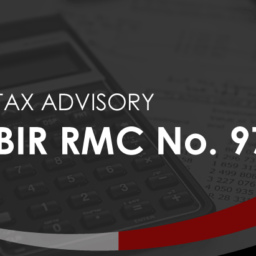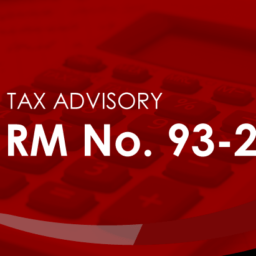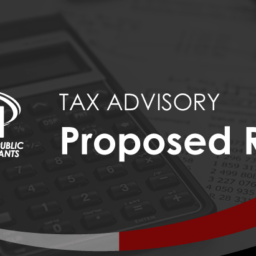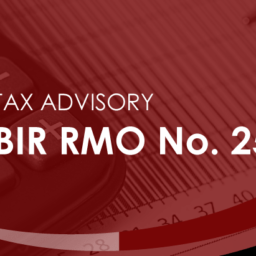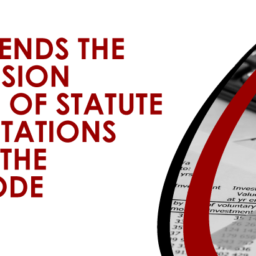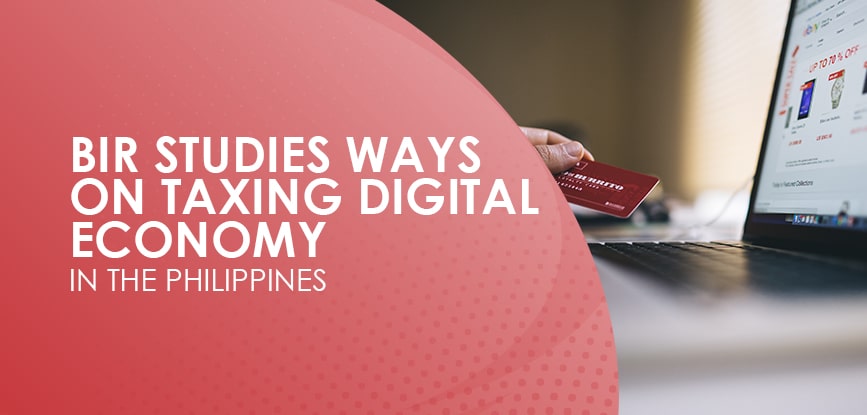
BIR Study Ways on Taxing Digital Economy in the Philippines
As instructed by the Department of Finance (DOF), the Bureau of Internal Revenue (BIR) is currently exploring methods to appropriately tax activities under the digital economy in the Philippines and enhance revenue collections by closing tax leakages. BIR Deputy Commissioner Arnel Guballa confirmed the request made by the DOF on Thursday.
“We have not yet estimated the tax leakages, but it will be substantial, in the sense that we see the market share of online selling. It is already big, so we are starting to look at it. We have instruction from the DOF to study on this,” the BIR official said.
The Deputy Commissioner cited “substantial” tax leakages from the industry as the reason for the DOF’s directive to study the taxation of the digital economy. However, he did not disclose any figures concerning the leakages.
“We want to capture those tax leakages to boost our revenues,” he added.
The statement came after the tax authority suspended five establishments in Bulacan, which did not comply with several compliance requirements from their original certificate of registration and “Ask for Receipts” or “Notice to the Public” posters.
BIR Finds it Difficult to Tax the Philippines’ Digital Economy
Apparently, there is already an established circular since 2013 that imposes tax rules and obligations on online businesses, but Guballa also admits that they find it difficult to impose and collect revenues from the industry even with the existing regulations for business transactions online. They attributed the non-issuance of receipts to consumers, in which Guballa considers proof that they did not pay taxes to the government.
According to Revenue Memorandum Circular (RMC) No. 55 issued in 2013, the tax agency mandates online shopping or retailing services, online intermediary services, online advertising or classified ads, and online auction services must register their businesses at the nearest Revenue District Office (RDO).
Businesses must also secure the authority to print and issue registered issue invoices and receipts, register books of accounts, withhold tax dues, file the necessary tax returns, and keep books of accounts. All existing tax dues applied on purchases or sale of goods and services remain equally applied regardless of the shop’s distinction, whether offline or online.
“Any person engaged in internet commerce who fails to comply with applicable tax laws, rules and regulations shall be subject to the imposition of penalties provided for under the existing laws, rules, and regulations, in addition to the imposition of penalties pursuant to the applicable Section/s under Chapters II and IV, Title X of the National Internal Revenue Code of 1997, as amended.” the circular’s penalty clause read.


